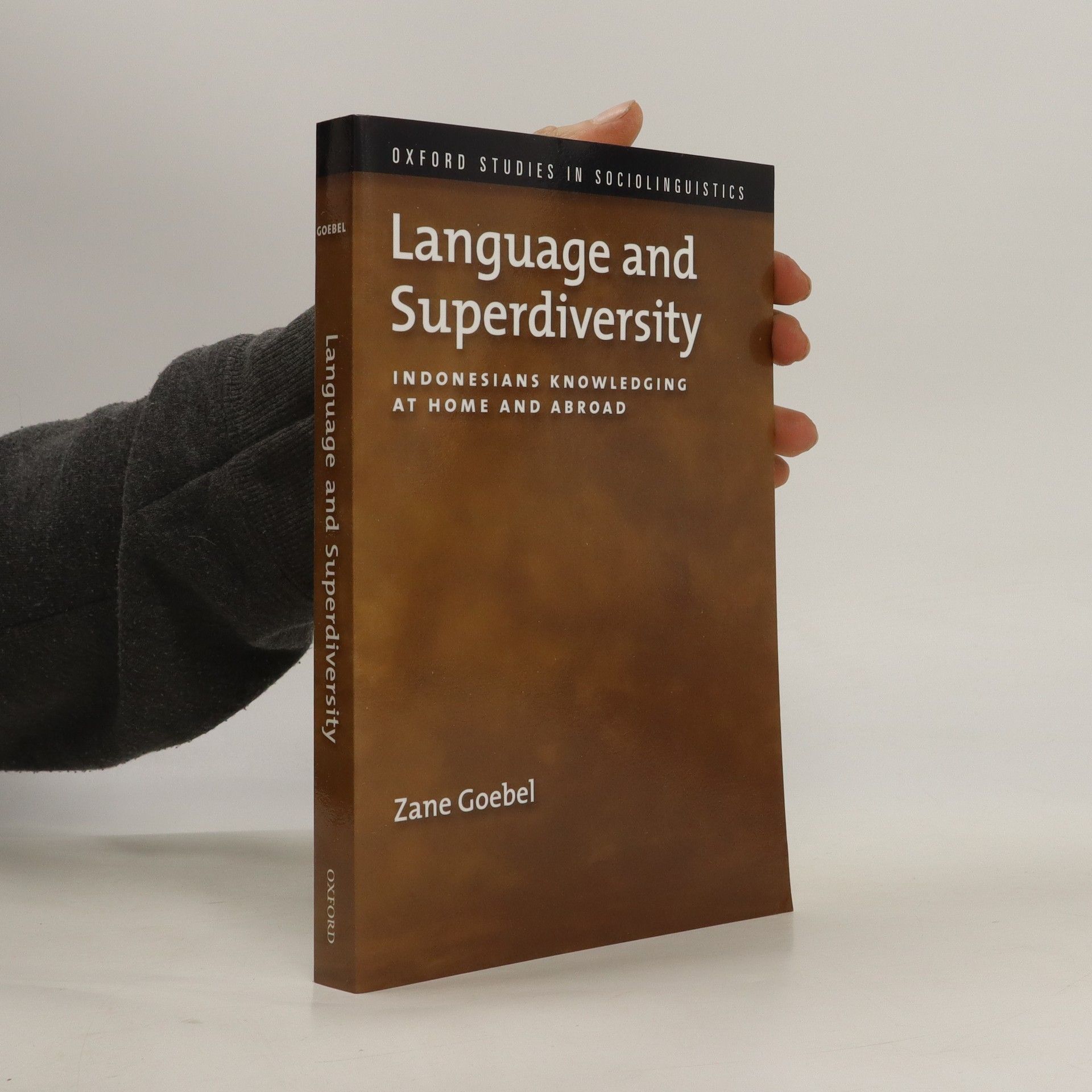Language and Superdiversity
- 288 pages
- 11 hours of reading
Scholars of language ideology have encouraged us to reflect on and explore where social categories come from, how they have been reproduced, and whether and to what extent they are relevant to everyday interactional practices.
